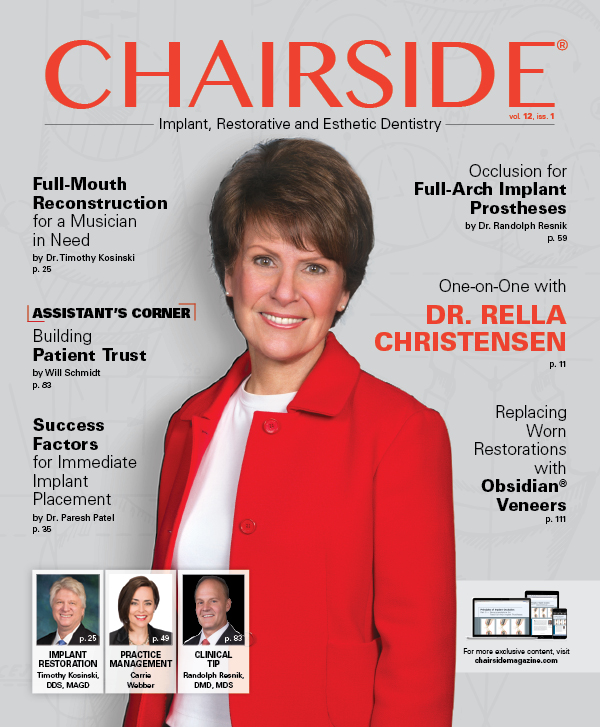Assistant’s Corner: Essentials for Building Patient Trust
The challenge of dentistry is to provide quality care for patients while creating an atmosphere of comfort. As a dental assistant for over 14 years, it has become clear to me that individual staff members — as well as their ability to work together as a team — can make or break a practice. I believe the following qualities are essential for all dental assistants, and I’ve seen them turn a listless workplace into a high-growth, high-performing practice.
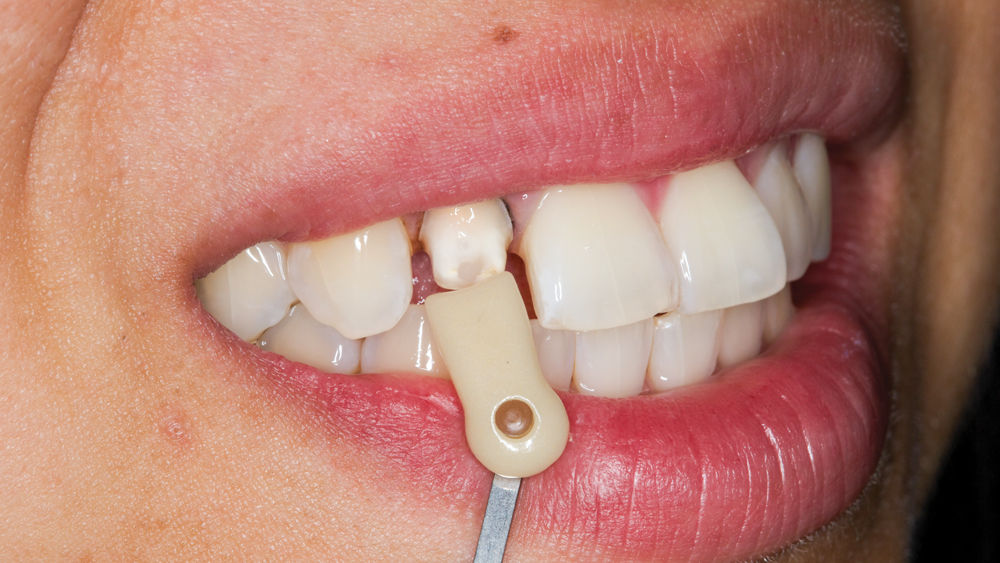
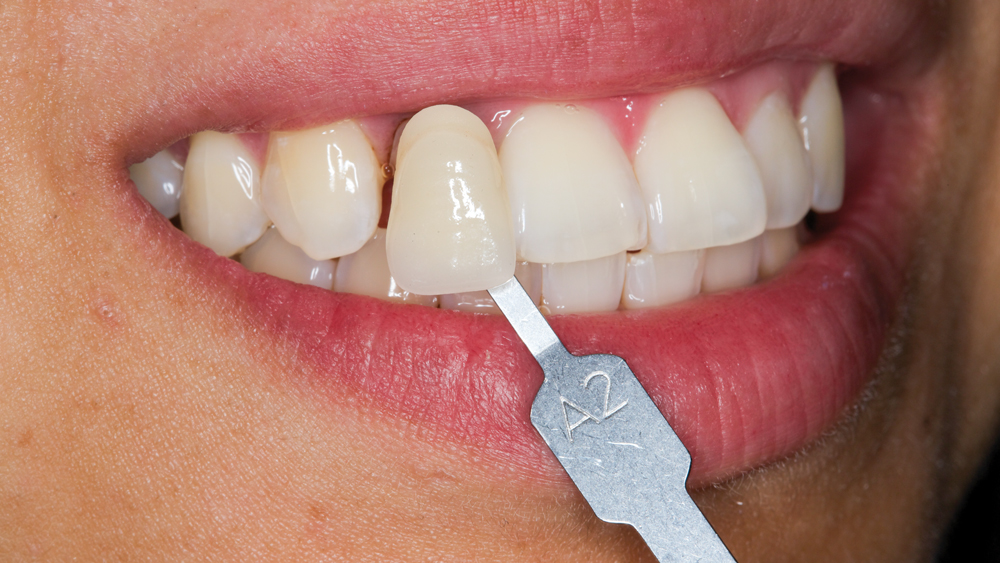
BE APPROACHABLE
It’s easy to fall into a trap of talking at patients as we loom over them and dispense matter-of-fact instructions. As dental assistants, the antidote is to remember that those are people in the chair, and act accordingly. Talking to patients at eye level is of utmost importance, and sitting next to them and speaking with them helps put them at ease. Ask for their permission: “Do you mind if I take a look?” By taking the time to make interpersonal connections, we’re allowing for trust to enter the picture. A patient who trusts you is more likely to trust your doctor.
A patient who trusts you is more likely to trust your doctor.
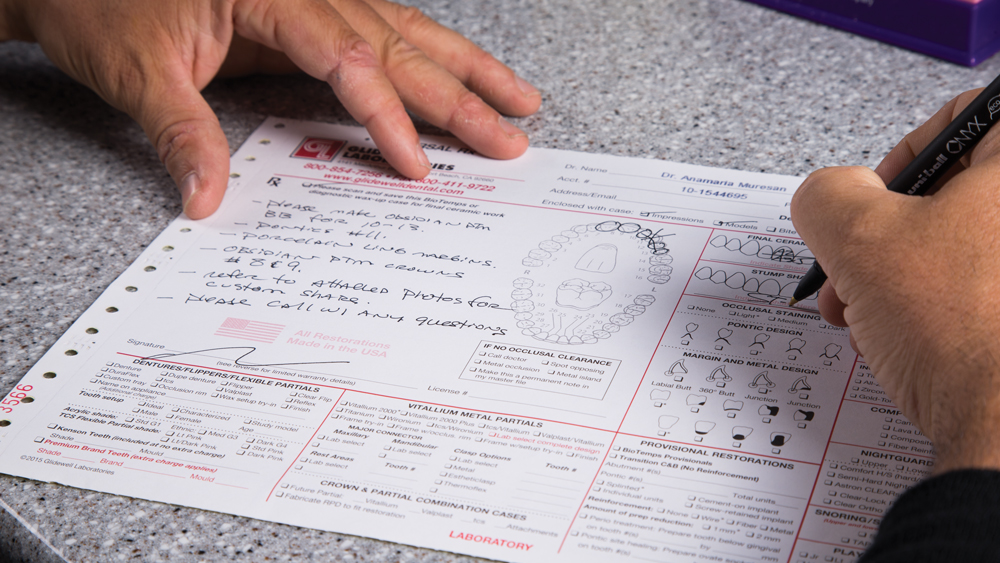
There’s no better opportunity to establish trust than at a patient’s initial visit. In fact, your approachability can make or break that encounter. In the span of 10 minutes, you go from learning a person’s name to sticking your hands in his or her mouth; or a patient goes from admitting he wants to improve his smile to having you stare into his mouth, take pictures, and put the problem up on a full-screen display. In either scenario, patients are out of their comfort zones. If you’ve established trust from that first hello, you can put patients at ease and be confident that they’re going to stick with your doctor.
BE ARTICULATE
Rx slips, photos, patient notes and phone calls make for a flurry of communications in any doctor’s office, and in many ways dental assistants are at the nexus. If you’re an assistant who sends out Rx slips that are short on details or readability, those cases are headed for chaos. Instead, ensure each prescription is heavy on specifics and light on messy handwriting. The more detailed you are, the better the starting point for your lab. Be tenacious about information from the outset, and your doctor won’t be opening a box to find a no-prep veneer case has somehow morphed into an implant crown.
Of course, Rx slips aren’t the only requirement for thorough communications with your lab. Any assistant’s tally of case details should verify that measurements are included (because, yes, measurements rule) as well as those all-important smile photographs. From natural smile, to retracted smile, to shade tabs, an array of images can be a game-changer for the final restoration.
And when you’re not picking up the camera, consider picking up the phone. Calling your lab, whether to follow up on a case or to resolve a problem, is an indispensable way to keep your doctor’s chair time as efficient as possible. These communications strategies require doing a bit more upfront, but the payoff is can’t-miss results for your doctor and patients.
Calling your lab ... is an indispensable way to keep your doctor’s chair time as efficient as possible.
BE AHEAD OF THE GAME
Some assistants just make the job look too easy. They place impression trays that fit on the first try, they’re on top of post-op directions, and they remember things like the half-birthday of a patient’s nephew’s best friend’s favorite poodle. For fellow assistants, seeing this kind of breezy proficiency is just downright incredible.
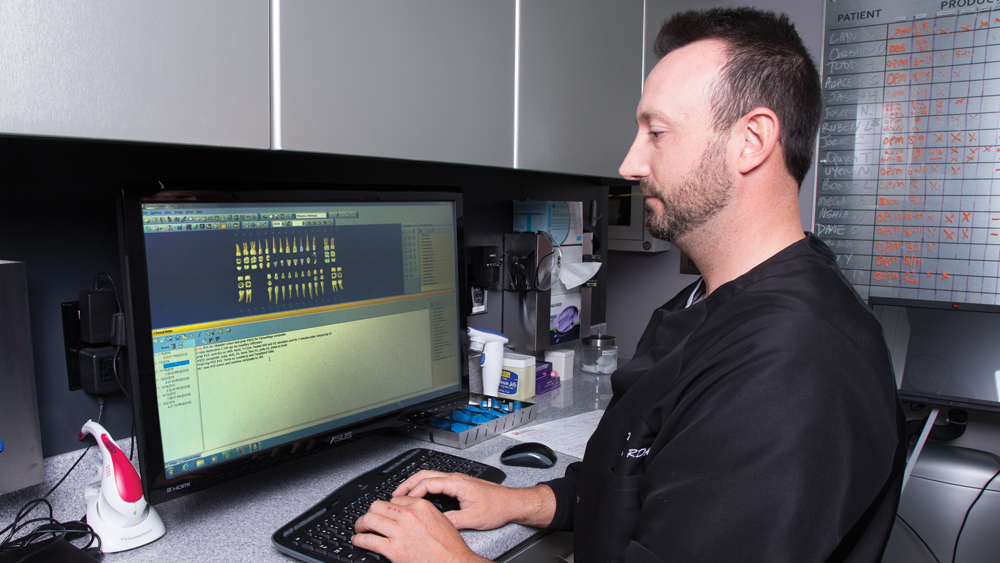
Fortunately, we’re not talking about genetic superpowers here. The secret to success for these experienced assistants comes down to a simple question: “What’s next?” If you’re bearing this in mind, you’re not going to get midway through radiographs only to discover your shy patient has a canker sore in the back of his mouth. Nor will you be saying, “OK, open,” before finding the tray in your hand is a poor fit for your patient’s unusual arch. As an assistant, you can head off problems by merely taking a moment to do your own survey of a patient’s mouth. Your ensuing clinical approach will be well-informed.
Keep patients informed as well. Think ahead about the bullet points your doctor will want you to cover before a patient leaves, and seize time to cover them before the patient is halfway out the door. Personally, I like to have a captive audience. With your fingers in their mouth or impression material hugging their teeth, patients’ listening skills are tuned to you. Grab this chance to share post-care instructions. Luckily, they have nothing else to do but hear your this-will-save-you-pain-and-money wisdom.
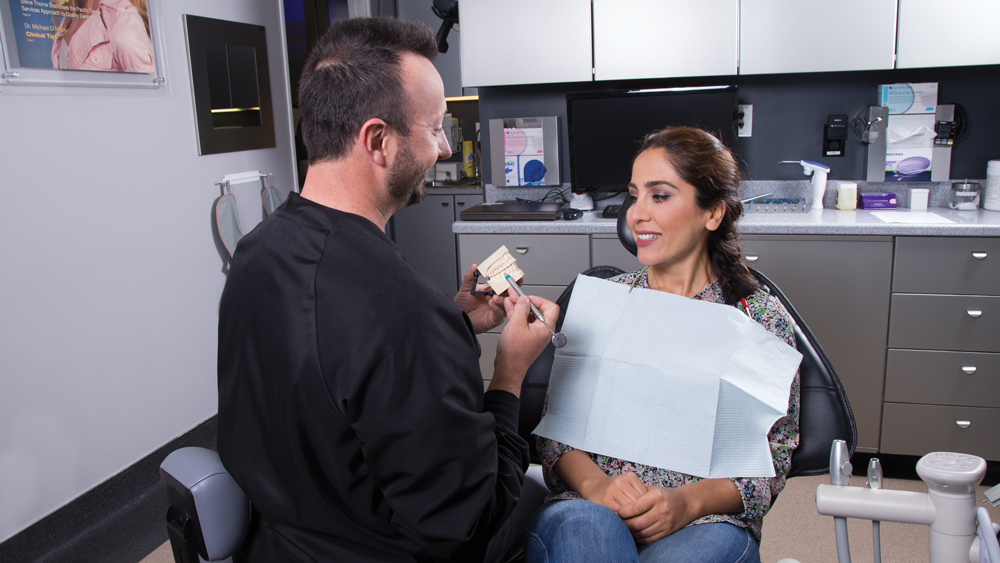
Your last act of anticipation in any appointment is straightforward: Borrow a page out of insurance companies’ note-taking strategies, and jot down every single thing, from a rescheduled appointment, to the patient’s mood, to the anesthetic type. It’s not tedious — it’s fastidious! Envision yourself six months or even just one week down the road. That “future you” has seen countless other patients, and you’ve most certainly made small talk with all of them. You’re not going to remember everything, but with the right kind of notes, folks might think you do. Of course, you’re not writing a novel; some dental shorthand is your friend here. But be sure to record the details that will let you hit “rewind” at any time and pinpoint answers for your doctor and patient alike. While you’re at it, finish each case note by answering, “What’s next?”
CONCLUSION
Exceptional doctors can end up running mediocre practices when they have auxiliaries who fall short of expectations. Avoiding that fate — and those awful one-star reviews online — requires proactive assistants who work with verve and vision, who manage the countless tasks that can otherwise distract doctors from their dentistry. Whether you’re a doctor or an assistant, you don’t want to approach the dental chair and find a new patient furiously typing a review before you’ve even opened your mouth. Be a team that’s in sync, a team of A-plus assistants backing an astute doctor, and your patients will leave with sensational first impressions.

